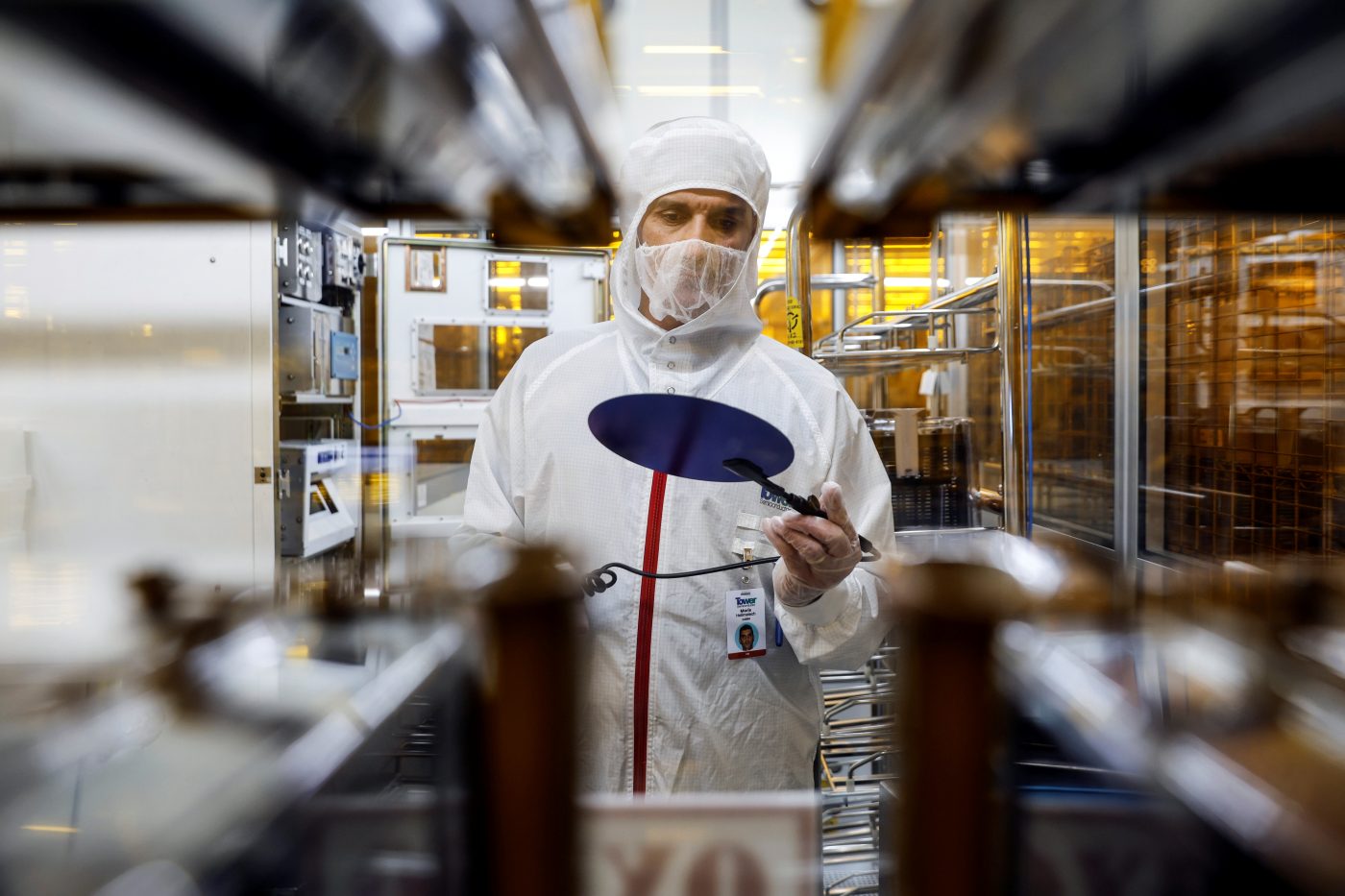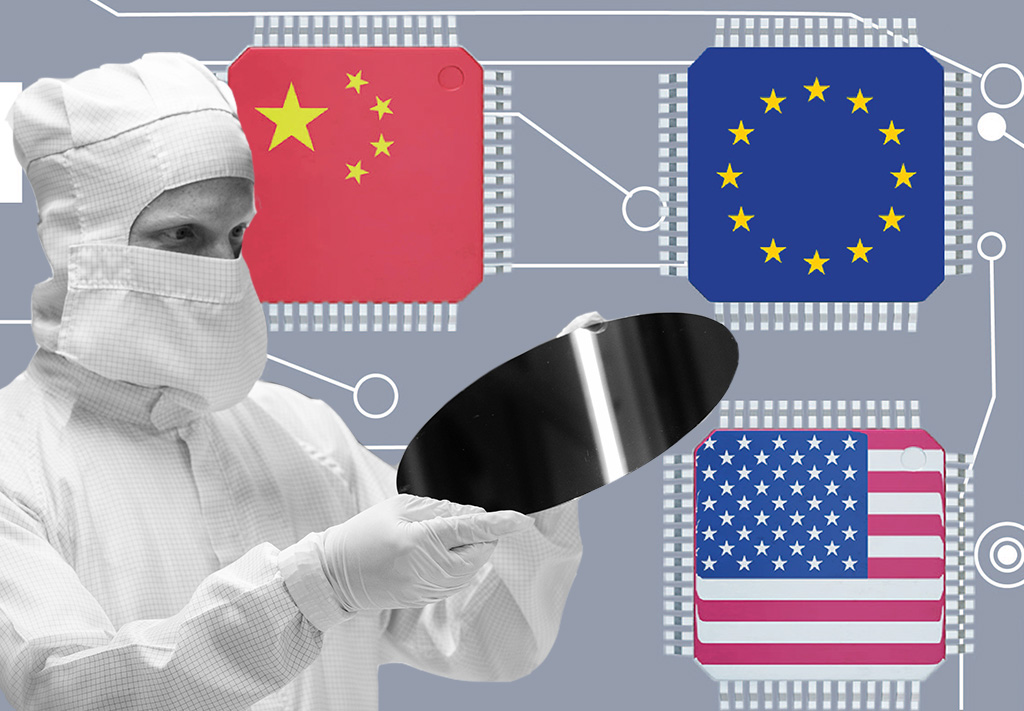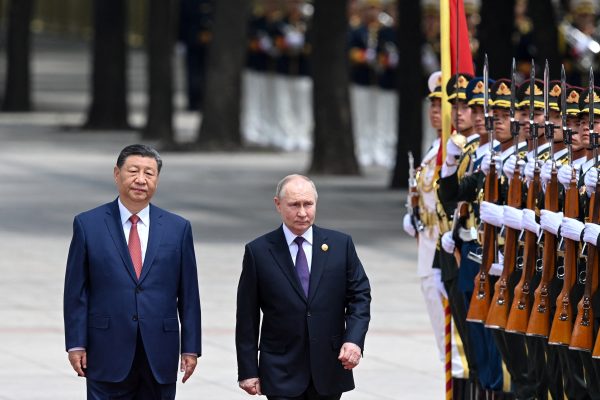Under US pressure, the Netherlands last year banned its semiconductor champion ASML from selling its most advanced deep ultraviolet lithography machines to China. ASML technology could be used to produce chips needed for military applications, the Americans argued. When Washington went further and prevented ASML from exporting old gear to China, some Dutch foreign policy experts urged the Hague to stand up to what they called coercion.
Europeans frustrated with US strong-arm tactics need their governments to improve their ability to independently assess tech developments in rival countries like China. In 2020, the US reportedly shared a classified report in order to convince the Dutch to act on ASML. So long as Europe relies on the US for information about China’s growing capabilities in and use of critical technologies, from semiconductors to artificial intelligence and quantum, it will remain reactive.
At present, EU export controls are narrower than US ones and interpreted widely at national level. The EU lacks an equivalent of the US Entity List of foreign individuals, companies, and organizations deemed a national security concern. European governments may only impose export controls on unlisted items if they believe the technology could enable the development of weapons of mass destruction or a military end-use in an arms-embargoed country. The EU’s arms embargo against China is non-binding and each capital interprets it as it pleases.
To be sure, progress has been visible in recent years. The European Commission has aligned with Washington on the need to expand dual-use export controls. Its economic security strategy proposed an EU-wide assessment of risks related to the security or leakage of certain sensitive technologies. The Commission has proposed steps for making the bloc’s controls agile, such as empowering member states to jointly add new items to the EU’s dual-use list.
EU governments have shown increasing initiative. Member states can add new listings for human rights reasons or other unclarified “public security” considerations. Spain last year introduced new controls relating to quantum computing, among other emerging technologies. France followed in February 2024, and Finland is considering introducing a national control list to protect quantum and advanced semiconductor manufacturing.
But adequate analytical capabilities within the government are required to sustain this momentum. Emerging technologies such as AI and quantum are evolving at record speed. The underlying hardware, principally semiconductors, is widely commercially available. It is complex to identify the technologies that may need protection, who in China is using them, and for what purpose. China has reinforced its secrecy around science and technology information, in an effort to circumvent foreign export controls.
Although some EU member states are already more advanced than others when it comes to technology assessment and expertise on China, progress shouldn’t be confined to individual countries. Europe must pool resources and information. It doesn’t help if France restricts quantum technology exports while China can build chips for dual-use quantum computers using German equipment. This work cannot be limited to the intelligence community. It needs input buy-in from scientists, engineers, companies, and think tankers who understand technology and Chinese innovation.
An EU office for technology assessment could help. The European Commission’s Joint Research Center conducts relevant work and houses China and export control expertise. It needs to be given additional resources and a mandate to monitor China’s tech ecosystem. It should sync with the Emerging Technology Expert Group , which helps assess risks stemming from the transfer of emerging dual-use technologies.
Europe and the US must partner to meet the China challenge. But Europe cannot just blindly accept US demands. A real partnership requires it to make its own judgments about the risks of selling certain products to China.
Rebecca Arcesati is Lead Analyst at the Mercator Institute for China Studies (MERICS), where she researches China’s technology and digital policies and how they impact Europe.
Bandwidth is CEPA’s online journal dedicated to advancing transatlantic cooperation on tech policy. All opinions are those of the author and do not necessarily represent the position or views of the institutions they represent or the Center for European Policy Analysis.





